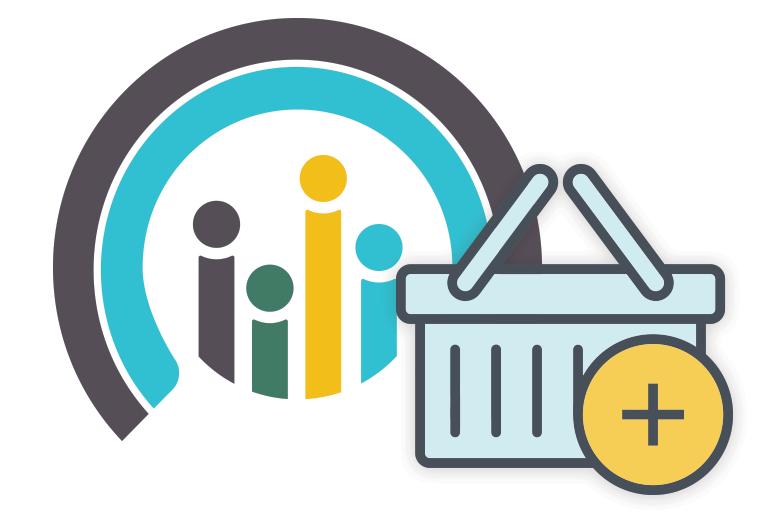Can’t see the audio player? Click here to download.
A sudden burst of bipartisanship this week on health care just as quickly appeared to lose steam in Washington.
Two key senators, Republican Lamar Alexander and Democrat Patty Murray, announced a bill Tuesday aimed at stabilizing the health insurance marketplaces under the Affordable Care Act. It would guarantee payment of “cost-sharing reduction” subsidies that help lower-income consumers with their deductibles and copays for 2018 and 2019. President Donald Trump had halted those payments last week. (Other federal subsidies that help people pay for their premiums weren’t affected and remain intact.)
At first, Trump appeared to endorse the Senate deal but later criticized it as a bailout to insurance companies “who have made a fortune” under Obamacare. Other top Republicans also voiced concerns about the Alexander-Murray proposal, raising questions about whether the bill could pass.
Because of the prevailing uncertainty, the Covered California exchange had already imposed an average surcharge of 12 percent on certain 2018 health plans to offset the expected loss of the cost-sharing subsidies. If Congress restores the federal funding, health insurers and the exchange may have to devise some method to recoup the excess money collected.
Meantime, California officials are mounting a marketing blitz to help clear up confusion among consumers about the state of the health law and their coverage options. Open enrollment for individual insurance starts Nov. 1 and runs through Jan. 31 in California.
Chad Terhune, a senior correspondent at California Healthline and Kaiser Health News, appeared Wednesday on KPCC’s “Take Two” show to talk with host A Martinez about the latest twists and turns in the ACA debate.
